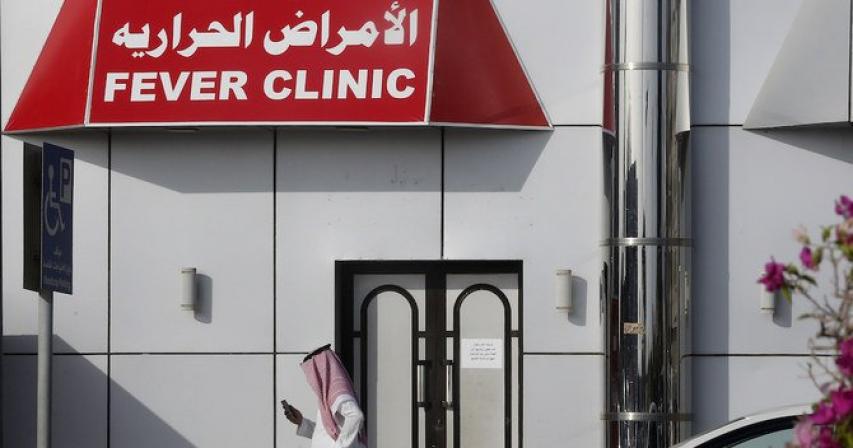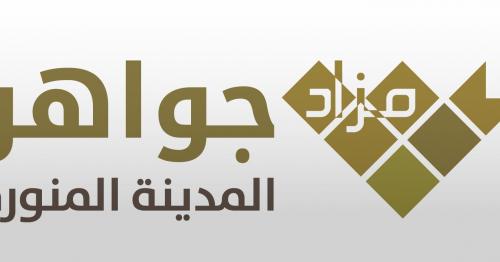Saudi Arabia records lowest daily COVID-19 death rate for two weeks

Saudi Arabia on Monday reported its lowest daily death toll from the coronavirus disease (COVID-19) in two weeks, with 20 people dying from the virus in the past 24 hours.
The Kingdom’s daily new case figure also continued to drop from highs a fortnight ago, with 2,852 new infections reported on Monday.
The total number of cases in Saudi Arabia has reached 235,111 and the death toll is 2,243.
The number of recoveries in Saudi Arabia rose to 169,842 after another 2,704 people recovered from the virus.
Among the new confirmed cases, Riyadh recorded the highest number, with 258 infections in one day. Jeddah reported 235, and there were 203 in Al-Hofuf.
The Saudi Ministry of Health has so far conducted more than 2.27 million polymerase chain reaction (PCR) tests in the Kingdom since the first case was recorded.
Saudi Arabia was among the first countries that made this test available after preparing and equipping the national laboratory at the National Center for Disease Control and Prevention (Weqaya), the only reference laboratory for coronavirus cases.
The ministry recently inaugurated a number of specialized laboratories and units across the Kingdom, which contributed to prevention against the virus.
The ministry also established 239 Tetamman clinics across the Kingdom to help those wishing to check on their health. Those who show any of the COVID-19 symptoms, such as fever or respiratory problems, can head to these clinics. Some operate for 16 hours a day, seven days a week.
Al-Ahsa Health Affairs confirmed that 28,000 people benefitted from the region’s nine clinics since they first became operational. These clinics are available for all, even those violating the iqama or residency regulations. Jeddah’s Taakad (make sure) center at the corniche has served 65,179 people.
These clinics are for those people who show no to mild symptoms and think they have come into contact with infected people. They will become available in all of the Kingdom’s regions in the coming few days.
All these tests help assess the prevalence of the virus in the Kingdom, identify the groups most affected by it, detect the cases at an early stage, cut the chain of infection and prevent any possible outbreaks.






Comments